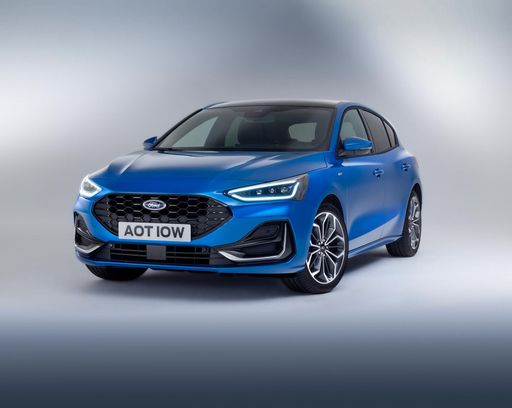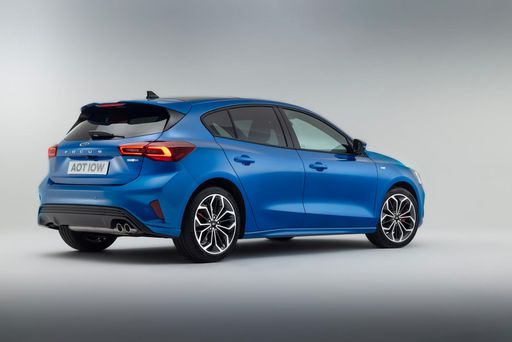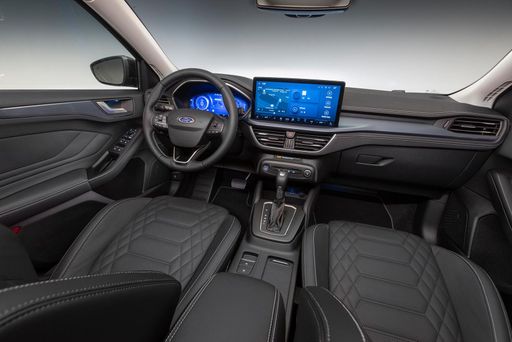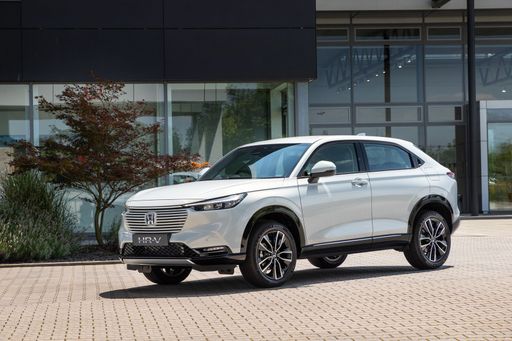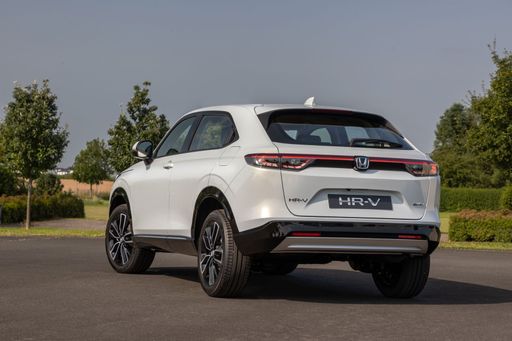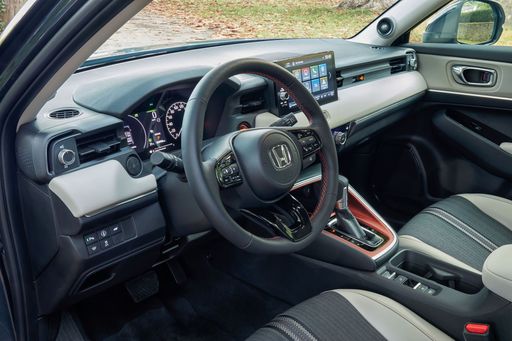Ford Focus vs Honda HR-V: A Detailed Comparison
In the ever-evolving world of automobiles, choosing between two prominent contenders in different segments can be an intriguing decision. Today, we delve into a comprehensive comparison of the Ford Focus, a stalwart in the hatchback category, and the Honda HR-V, a versatile SUV offering. Both models promise unique attributes and innovations, so let’s dive into the specifics that make each stand out.

